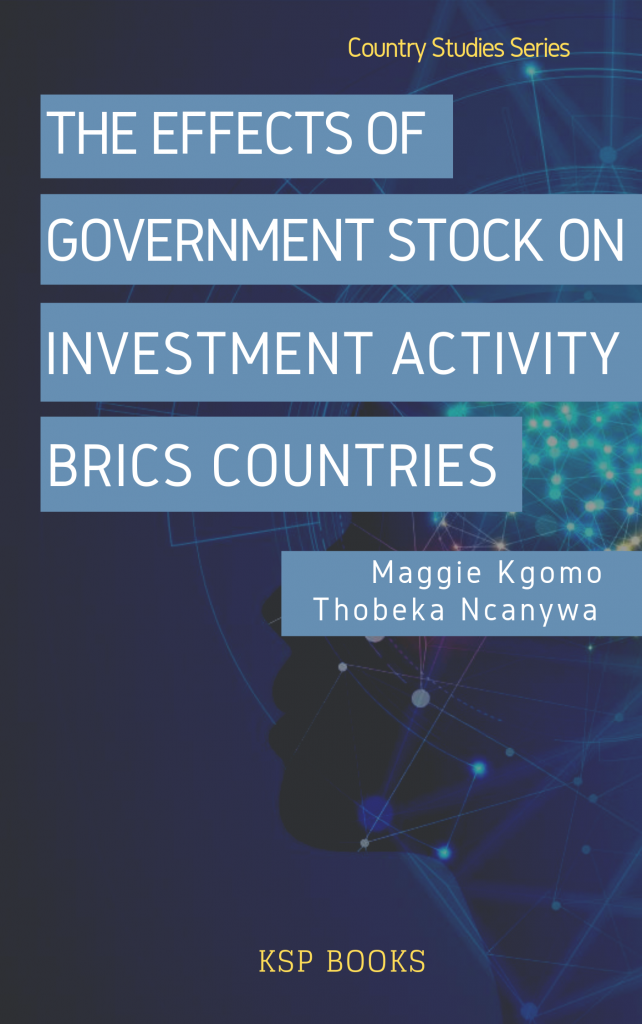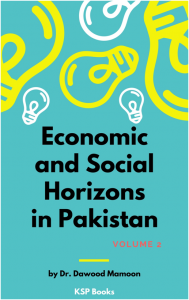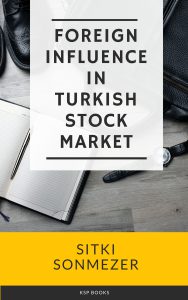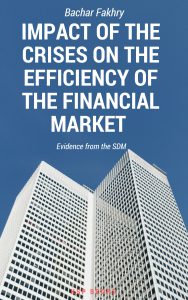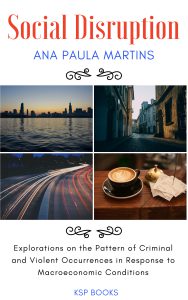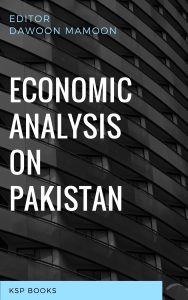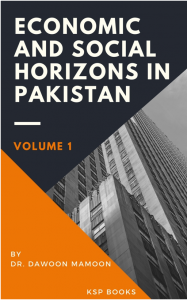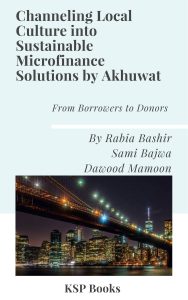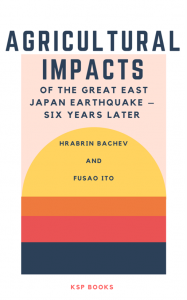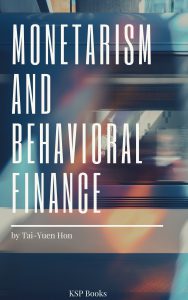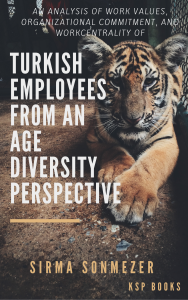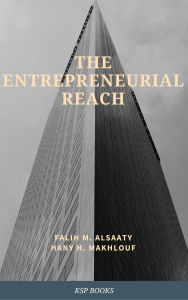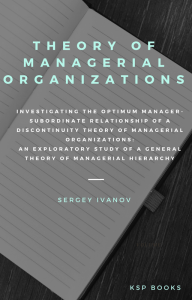Synopsis
Brazil, Russia, India, China and South Africa (BRICS) are distinguished as having the fast growing markets in the universe compared to other markets of emerging economies, according to their promising economic prospective and demographic power. This study investigated the effects of government stock on investment activity in BRICS countries. This study used panel autoregressive distributed lag model (PARDL), Engel-Granger causality test, impulse response functions (IRF) and variance decomposition tests. Such techniques were applied to the annual data for the periods 2001 to 2016 in order to determine the effects of government stock on investment activity. The PARDL showed that in the long-run investment activity was positively influenced by government stock on mutual banks and government stock on liquid assets, and negatively related to government stock on bonds and government stock on corporations. The Engel-Granger causality test revealed existence of unidirectional movement between investment activity and government stock on corporations as well as from government stock on bonds to liquid assets. The impulse response functions showed the impulse percentage of fluctuation that the variables did contribute to each other, from various periods both in the short and long run. While the variance decomposition of investment indicated that investment was mainly shocked by its own innovations throughout all the periods. A critical evaluation is needed to avoid investment shocks, instability of investment activity, instability of financial markets and the economy as a whole.
Contents
About Author(s)
ISBN
978-605-7736-50-5
Date of Publication
December 15, 2019
File Size: 2356 KB
Length: xvi + 92 pages
This work is licensed under a Creative Commons Attribution 4.0 International License.
